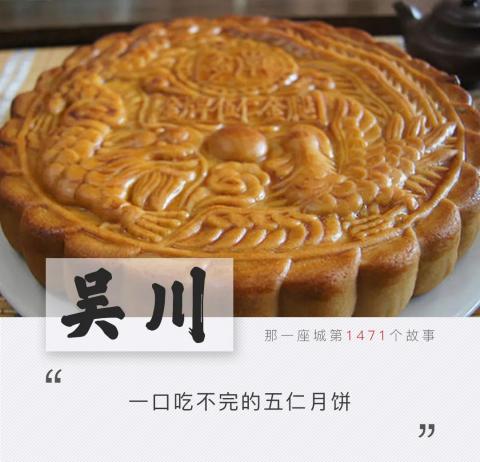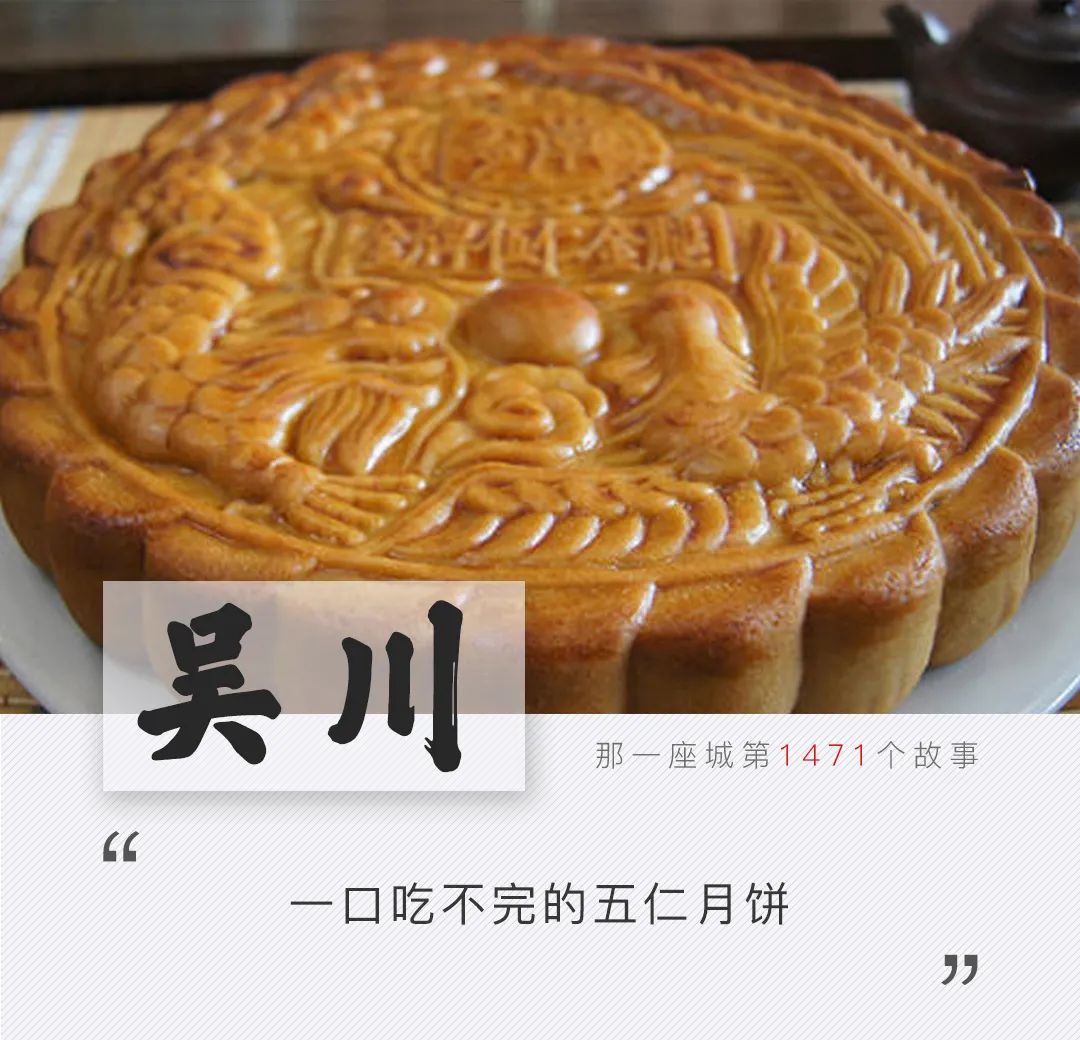


Many years ago, CCTV "Far Home" went to Wuchuan to collect news, and the program host Wu Dan and Wuchuan Mooncakes formed an indissoluble bond. Picture/Weibo@CCTV-Wu Dan

In Wuchuan, an acre of fertile land is worth thousands of gold. Picture/Network

Schematic diagram of Wu Chuan's location. Picture/Network







How much can you understand the Wuchuan dialect version of "The Deer and the Cauldron"?



"Rongju", Dashan Village, Wuyang, is the largest mansion in Wuchuan costing 280 million. Picture/Network

Wuchuan street scene. Picture/Network

In Yangchili Village, an entrepreneur spent 100 million to build 45 villas for all the villagers, with a single area of 370 square meters, a two-and-a-half-story building with main and auxiliary buildings. Picture/Network

Mingcun has raised about 30 million yuan to build an ecologically modern and civilized new village. Picture/Network

Small waist@Guangzhou. Picture/Network

Kingkey 100 Building@Shenzhen. Picture/Kingkey

Bird's Nest@Beijing. Picture/National Wisdom

Tianjin Modern City - the tallest building in Tianjin. Picture/Weibo @天jincitydrawing board

World Expo Pavilion@Shanghai. Picture/Expo Tongjin

Expo Park@Kunming. Picture/Weibo@李 Xutongsha Yunnan

Picture/Zhanjiang Window

Tian Aizhen. Picture/Network

Tian Aizhen. Picture/Network

Pink skin. Picture/Network

Mixed vermicelli. Picture/Network

Fried vermicelli. Picture/Network

Soup boiled vermicelli . Picture/Network

Sandworm. Picture/Network

"Sweet potato kiln". Picture/Network
